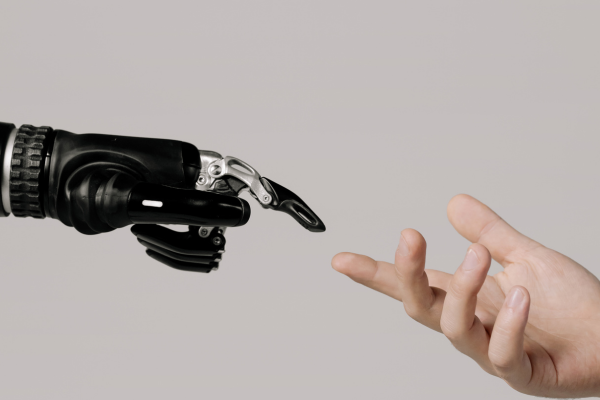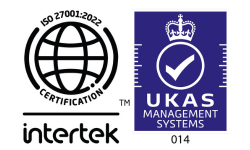
Every business must legally store HR and payroll records for a certain period of time, otherwise they risk fines from HM Revenue and Customs (HMRC). We have put together a payroll and HR guide which will talk in depth about what you need to store when staying compliant. Find out more information below.
Tip: It’s important that HR and payroll records are accurate, up to date and feature all the required information. Without full records, HMRC may give a penalty of up to £3,000.
Storing payroll data
Storing payroll records is crucial for ensuring compliance with legal requirements, including tax and HMRC regulations. Payroll records provide valuable insights for financial planning, budgeting, and auditing purposes within organisations. Below we have answered common questions and put together a payroll data guide.
What are payroll records?
Payroll records typically include documentation related to employee compensation, such as salary or wages, bonuses, deductions, benefits, and taxes withheld and any other relevant details concerning employee compensation and employment history. Many employers ask our payroll team how long they should store their companies payroll records, businesses must store payroll records for a minimum of three years from the end of the record’s tax year.

- Tax code notices: Documents issued by HMRC informing the employer of the tax code to be applied to an employee’s income. Tax codes determine how much tax should be deducted from an employee’s wages or pension. As mentioned above employers should retain these notices for a minimum of three years from the end of the relevant tax year.
- Employee sickness absences and leave: This includes records documenting any instances of employee sickness absences, including the dates of absence and any statutory or company sick pay provided.
- Payments made to HMRC: This refers to any payments made by the employer to HMRC, such as income tax and National Insurance contributions deducted from employees’ wages, employer’s National Insurance contributions, and any other payments related to payroll taxes.
- Reports made to HMRC: Employers are required to submit various reports and forms to HMRC, such as Real Time Information (RTI) reports detailing employees’ earnings and deductions.
- Payroll Giving Scheme documents: If the company participates in a Payroll Giving Scheme, which allows employees to make charitable donations directly from their salary before tax is deducted, relevant documents such as agreements and records of donations should be retained for three years from the end of the tax year to which they relate.
- Taxable benefits and expenses: This includes documentation related to any taxable benefits provided to employees, such as company cars, health insurance, or other non-cash benefits. Records of expenses reimbursed to employees should also be kept.
- Regarding records to be kept after an employee leaves the company: PAYE, Statutory Pay, and Maternity Pay records: These records specifically pertain to payments and deductions made to the employee during their employment and any statutory payments made, such as statutory sick pay or maternity pay. Employers should retain these records for three years after the employee has left the company. This ensures compliance with tax and employment laws and facilitates any necessary audits or inquiries by HMRC.
After an employee leaves a company, the employer must keep PAYE, Statutory Pay and Maternity Pay records for three years after the employee has left.
Proof of paying correct minimum wage
Employers must keep records to prove that they’re paying their employees minimum wage. Previously, these had to be stored for six years. However, if these records meet the following, they must be kept for three years:
- Records that were created on or after 1st April 2021
- Had to be kept on 31st March 2021 under the previous three year rule
- The period the record covers starts from the last day of the pay reference period following the one they cover.
Employers must produce records for an individual pay reference period in one document.
Cloud-Based Payroll Software
Cloud-based payroll software operates by utilising cloud computing technology.
Managed Payroll Services
Opt for a fully managed payroll service by outsourcing the entire payroll process to PayEscape
Integrated HR and Payroll
PayEscape’s integrated HR and payroll software combines powerful HR functionality with robust payroll capabilities.
Need help to understand what solution is best for your business?
Speak with our expert team today on 028 2764 1060
What are HR records?
HR records include a variety of data relating to individuals working for an organisation, HR records are just as important to Payroll records, these include; hours worked, pay rates or absence levels. This information can be stored electronically however may include paper records. Choosing a cloud-based solution with PayEscape means that you can have organised Payroll and HR data stored on the cloud with access to transfer to paper when needed. To find out more about our HR and payroll services get in touch here.
Why storing HR records are just as important to your business
Every business should maintain effective systems for storing HR data and comply with legislation. This includes regularly reviewing the length of time and purpose of retaining any personal data. Risk assessments of the organisation’s systems should be audited regularly to stay on top of compliance. You should ensure that records are kept for as long as needed and once the HR records are destroyed, it is done securely. Often this will involve training about the legal issues involved. Speak to an HR expert today and find out more on how to securely manage your HR records.
Compliant HR Data Storage
Secure data storage maintains employee privacy and protects sensitive employee data such as pay, dates of birth, and social security numbers. At the end of the day, the employer is responsible for staying compliant. Ensuring your business has up to date systems are in place and data is stored for the correct amount of time. Below is a list of HR records that you should have saved on your system per employee:
Hiring and onboarding records:
- Candidate CV and applicant tracking data
- I-9 employment verification documents
- Offer letters and employment contracts
- Background check reports
- Onboarding documents
Payroll records:
- Employee W-4s
- Employee W-2s
- Payroll deductions
- Employee salary
- Employee overtime rates
- Dates for bonuses and other payments
Work Schedules and Leave records:
- Employee work hours
- Overtime reports
- Attendance records
- Paid and unpaid leaves
- SSP leave
Employee Benefits:
- Employee elections and deductions
- Benefit plan summaries
- Childcare and maternity leave
- Healthcare and lifestyle plans
Health:
- Drug test results
- Workers’ compensation claims
- Health insurance records
- Eye care payments
Performance & training records:
- Productivity reports
- Timesheet reports (if applicable)
- Performance improvement plans
- Certification records and dates
- Training attendance
Resignation letters
- Resignation emails & letters
- Exit interview notes
- P45
How long should you store HR records?
- Employee data: Employee data including contracts, personal record and appraisals should be stored for six years after they have left the organisation. Under GDPR this data is stored under legitimate interest or legal obligation. This data can help protect a company against any tribunal claims that terminated employees may bring against you.
- Hiring and applicant data: During the hiring process, businesses end up with a lot of sensitive data including CVs, cover letters and interview notes. This data should be stored for a minimum of six months. This is because this data can protect them and be used in defence should any discrimination claims be made against the organisation.

Choose your Cloud-Based HCM Solution with PayEscape
Payescape’s HR management software and Payroll software guarantees GDPR compliance and reduces risk of errors and mistakes when it comes to record keeping. By choosing a cloud-based HCM system you can run your business stress free knowing your HR data and security is consistently updated across all areas of employee management. Instead of managing payroll, benefits, and other HR services with separate systems in house, PayEscape can do it all with one integrated platform. If you need help getting started, request a demo or talk to our team today. HREscape and PayEscape is easy-to-use, saves your team time and engages employees.



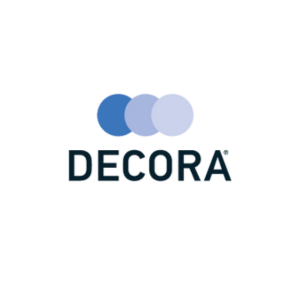

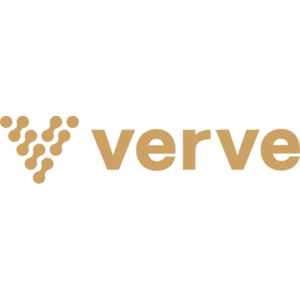



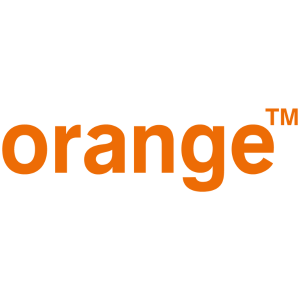


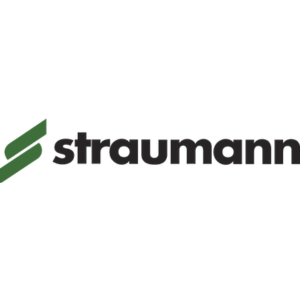
Book your free demo now.
Need help to understand what solution is best for your business? Speak with our expert team today on 028 2764 1060
"*" indicates required fields
Using our cloud-based software we manage all aspects of your payroll process. From calculating your payroll taxes and filing with HMRC to managing all components of auto enrolment and so much more. Whether it’s reimbursement or pre-tax benefits we’ve got it covered.
Our HR platform lets you manage all aspects of your HR administration. With HR Escape can approve and monitor holiday, record working time and calculate wages, allocate time and staff expenses to clients, projects, and activities, and much more.




